Takeaway businesses in the north and north-east continue to face an uphill battle against multiple growing industry issues, including food shortages and rising costs.
Due to the ongoing conflict between Russia and Ukraine, among other factors such as Covid and Brexit, there is a high chance that one of, if not your favourite local takeaway has been affected in one way or another.
Reduced opening hours, menus and teams are some of the paths taken to avoid businesses closing their hatches permanently.
“We have had to increase our menu prices by about 10% and are likely to have to do so again as food and energy prices escalate,” says Angus Kerr, who co-owns Aberdeen Thai restaurant, Madame Mews, alongside partner Mew Garthley.
Oil, rice and chicken
Angus went on to say: “On top of that VAT is back to 20%, rates are back and there are pressures to increase wages.
“Covid has already destroyed many small businesses and has been further exasperated by the constant injection of money into the economy. Where does all this money come from?”
While Madame Mews may have no option but to increase the costs of its dishes for the second time in a matter of months, Angus and Mew, like many others, have also fallen victim to food shortages.
Oil, rice and chicken are among the items that have been in short supply.
‘Everything has gone up’
Jennifer McEwan, owner of Elgin’s The Humble Burger, has not struggled to purchase fundamental products as of yet, as the business’ goods are sourced locally.
However, she says the price of everything “has risen dramatically”.
“From our gas and electric to produce and equipment, everything is more expensive and is getting harder to source,” Jennifer added.
The Humble Burger was once £8 per tray of tomatoes this time last year, which has risen by £5 in the past 12 months.
Oil has increased from £20 to more than £35 and, due to shortages of milk-based products including cheese, they have risen by as much as 50%.
Stainless steel sheets have doubled in price, too.
Jennifer said: “Even our recyclable packaging has gone up by one third, while non-recyclable packaging remains on offer.
“I have not had to raise the prices of our menu items yet, but if we do have to, it would probably be by about 15%.
“We don’t want to raise our prices as we know how much everyone is struggling – but something has to give at some point for both businesses and customers.”
Reduced VAT to ease pressure
Sutor Creek Takeaway and Deli has also been impacted by the increase in food and energy prices.
Co-owner Phoebe Fox, from Cromarty, has increased some of the eatery’s menu items by 3%.
Speaking about this, the 49-year-old said: “This is a direct impact of the increase in costs to us.
“But we have not increased our prices to reflect all the additional costs passed down to us by suppliers.
“The increased cost of essential food items and supply chain issues continue to be a concern.
“Vegetable oil is now a restricted product from wholesalers which is an integral ingredient for our business.
“The issue of increased energy prices is a huge concern, too, as there are very few ways to reduce energy consumption in a catering business that uses multiple cooking and refrigeration units.
“In addition to the food and fuel crisis, there is also a nationwide staffing crisis in the hospitality industry.”
Like Angus, of Madame Mews, Phoebe says a reduction in VAT for hospitality – as experienced during the pandemic – would ease a great deal of pressure experienced by food and drink firms.
“This would allow us to absorb food cost increases and invest in additional staff,” she added.
“The Government could help by capping energy prices and reducing VAT.”
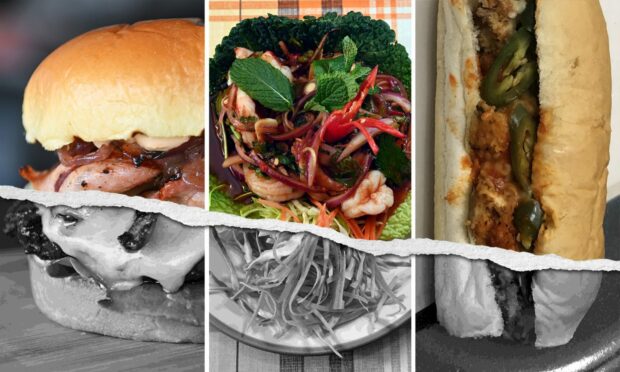
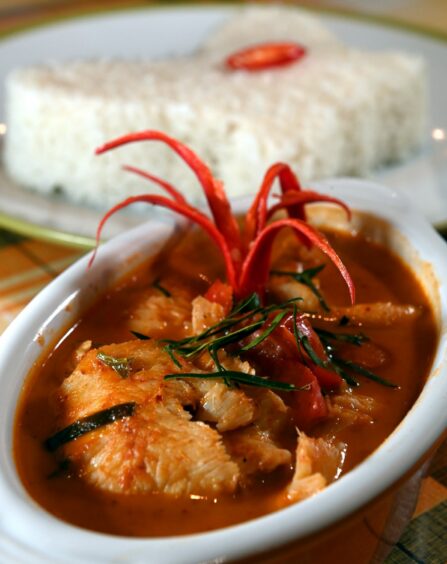

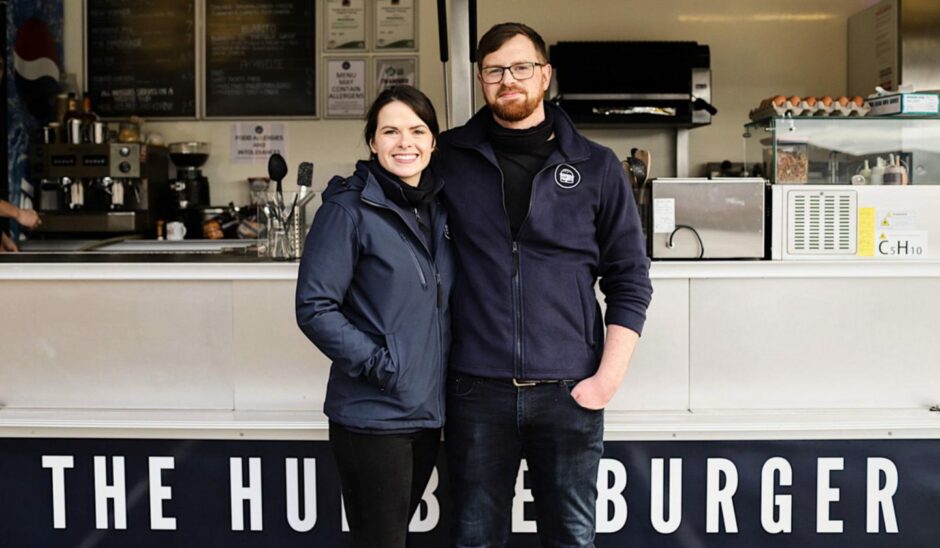
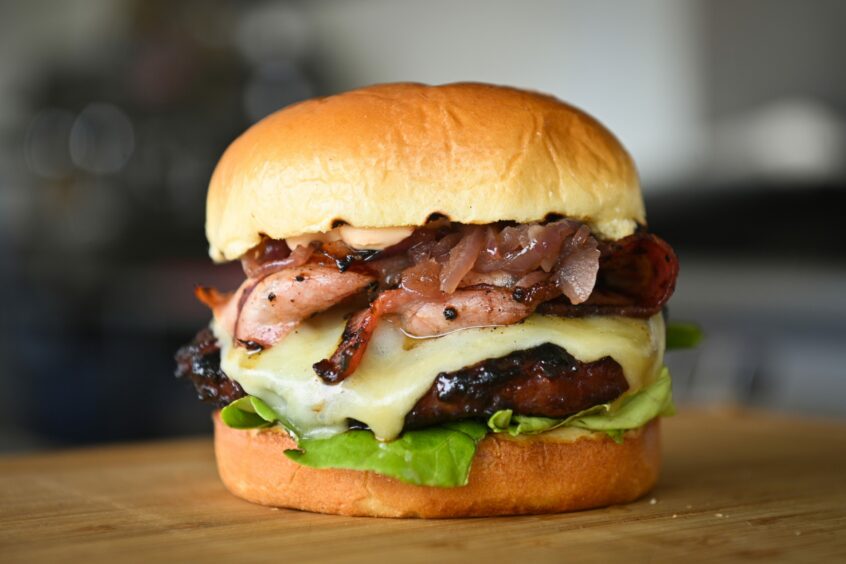
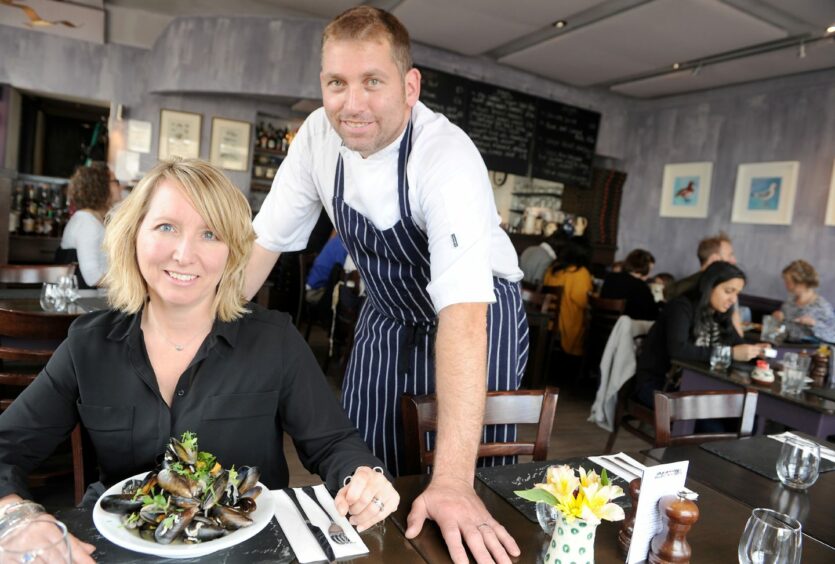
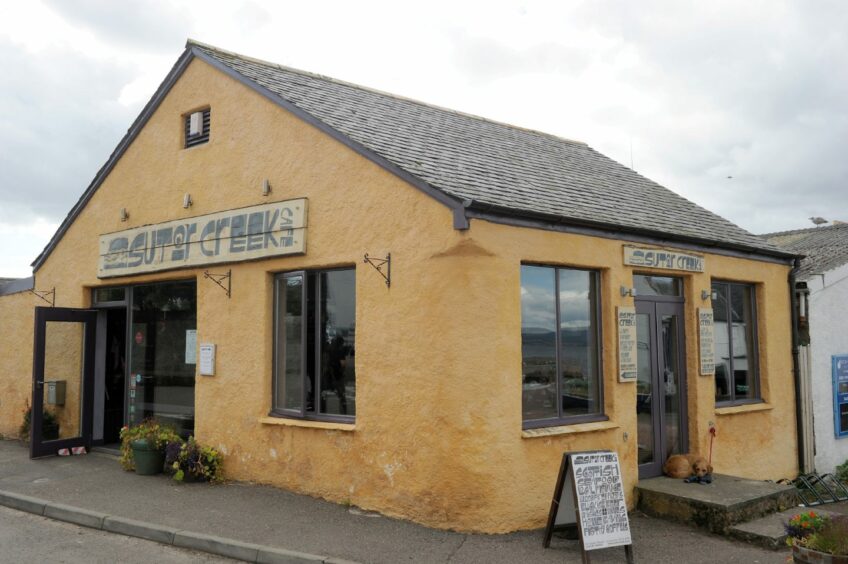
Conversation